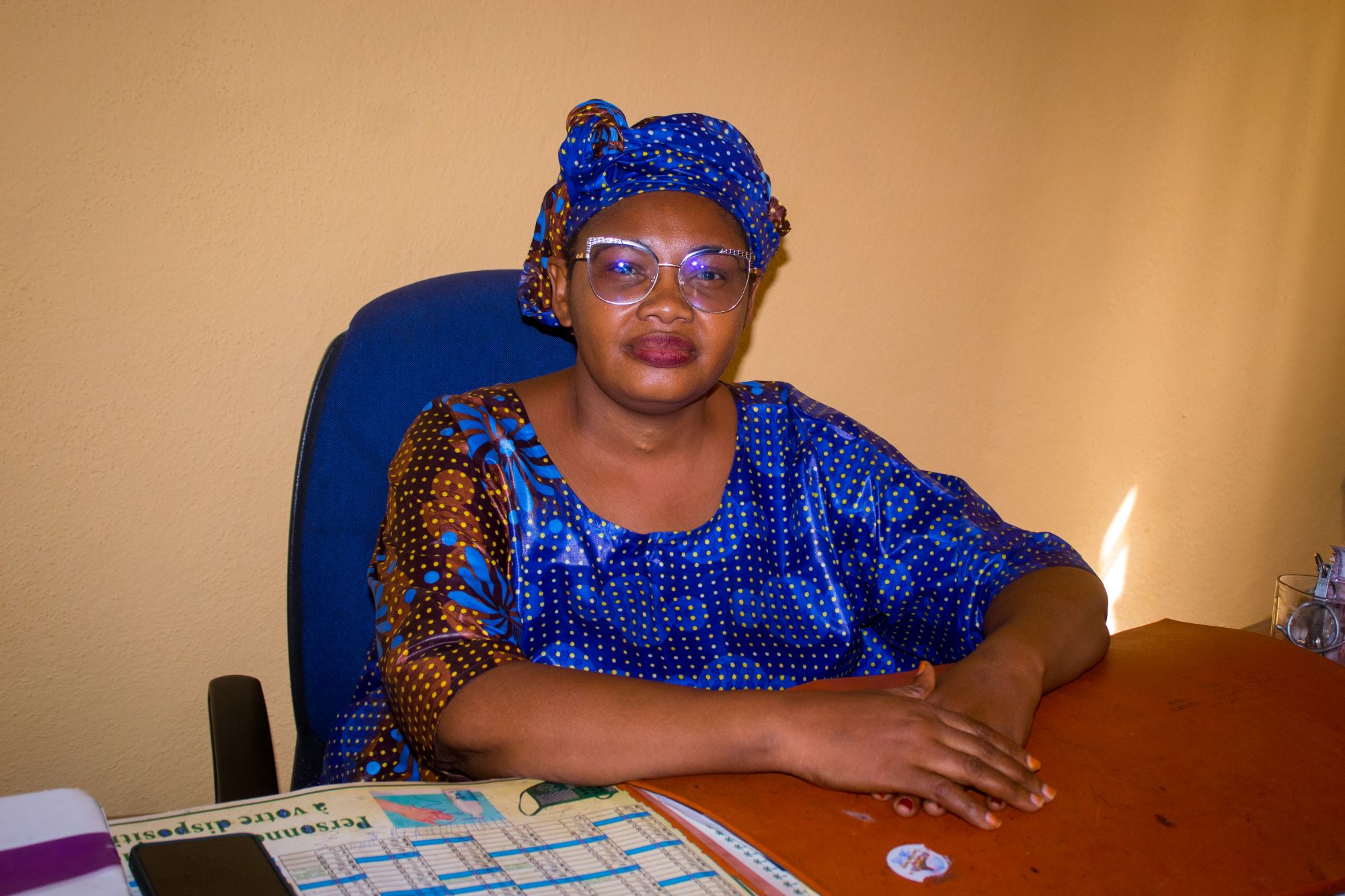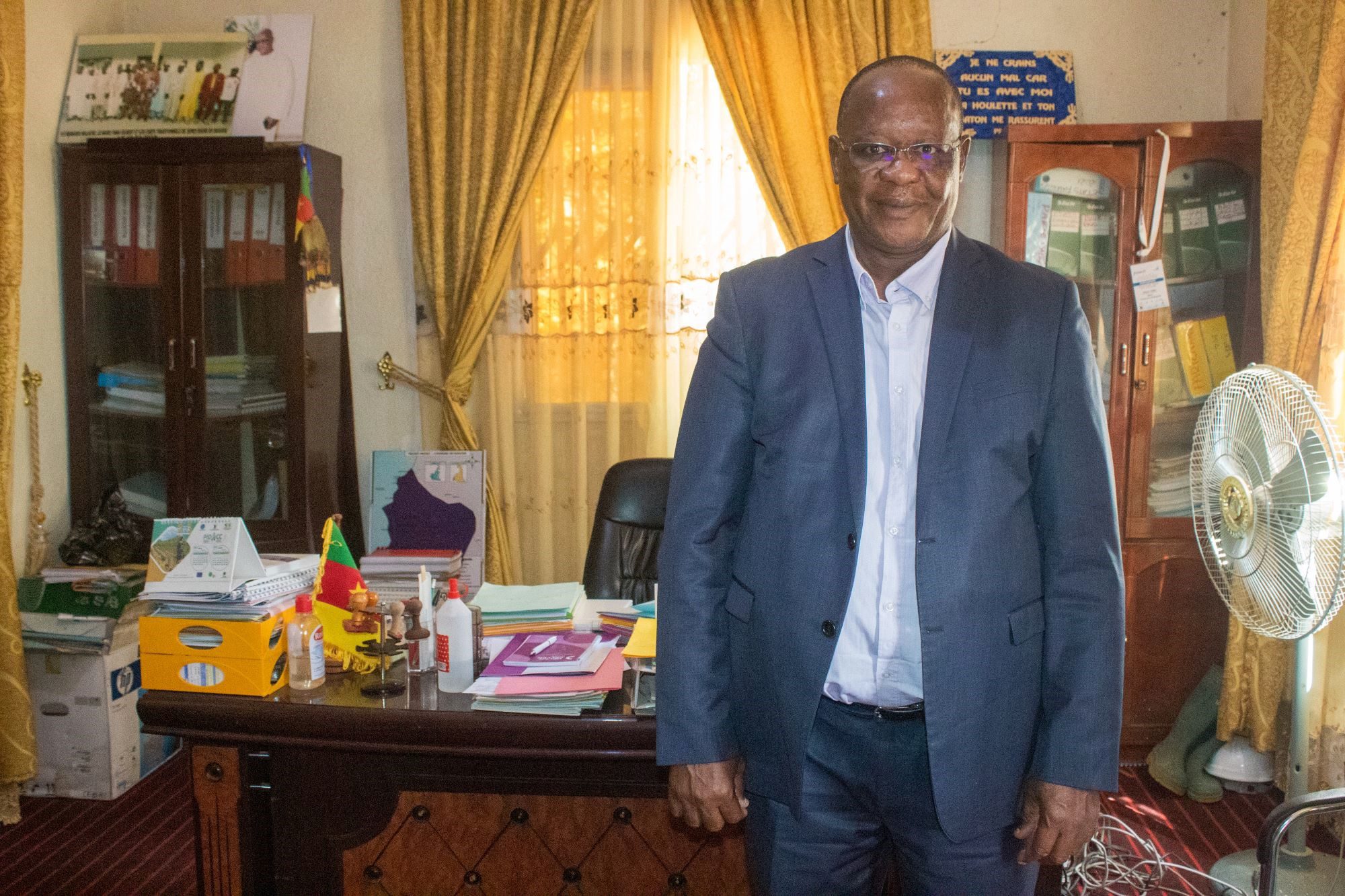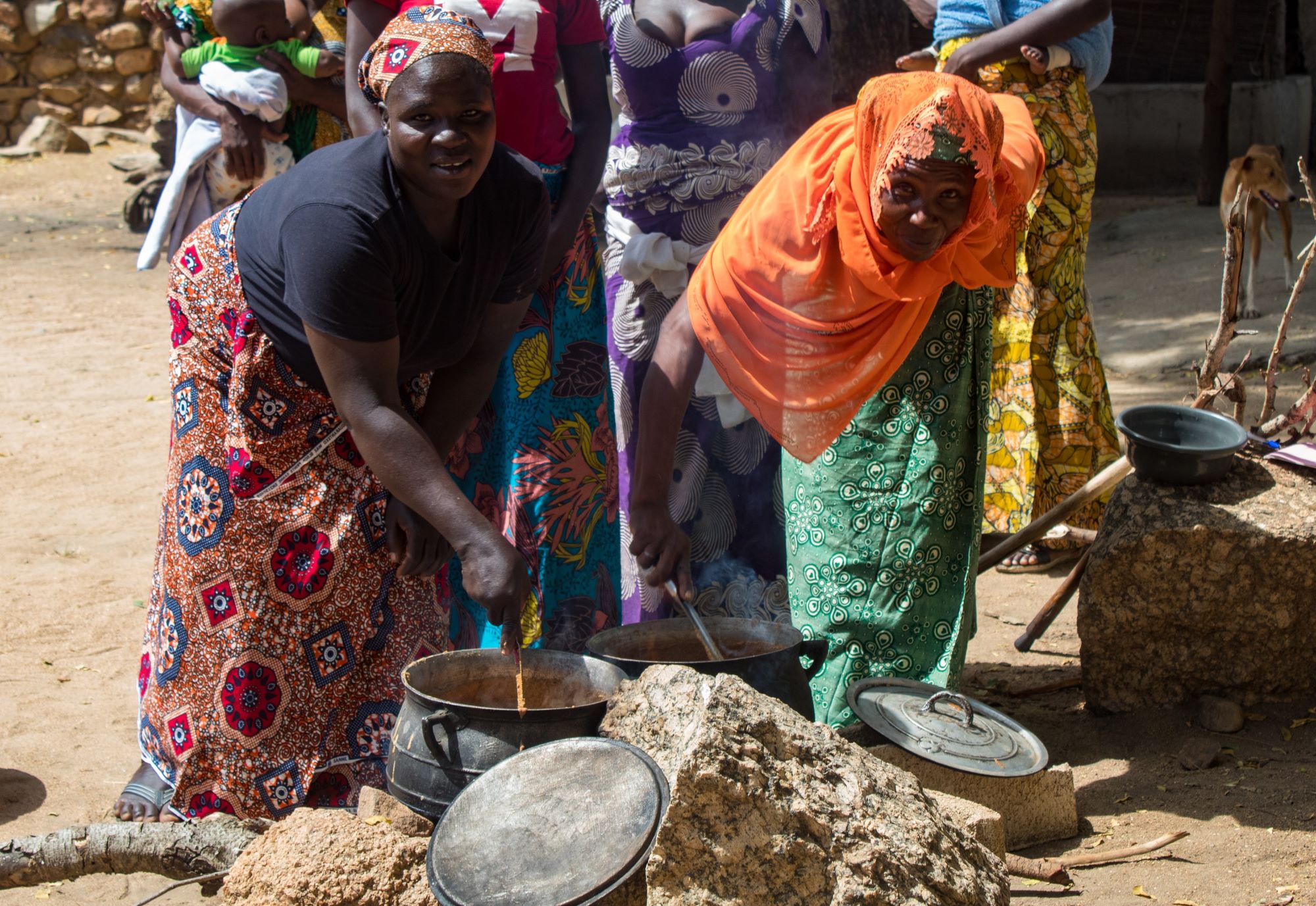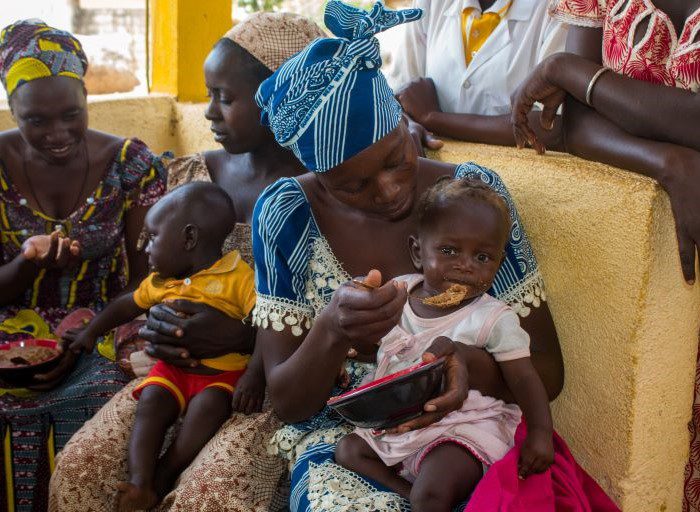Engaging Local Leaders to Fight Malnutrition in Cameroon
As a newborn, Rose Fenged’s nephew and godson, Wouffé, was malnourished and got sick frequently. Rose noticed that many other young children in her community in Cameroon’s Far North region were also underweight and likely not getting the nutrition they needed to support healthy growth and development.

As Third Deputy Mayor for the Koza municipality, Rose is an elected member of the Local Council, which is responsible for local administration, governance, and services. She wanted to use her leadership position to fight malnutrition and help people in her community improve their health and well-being. When an opportunity arose to collaborate with Helen Keller Intl and UNICEF to improve health and nutrition among children, teen girls, and women, she and other members of the Local Council eagerly agreed.
Within months, the 44-year-old mother of three could already see the positive impact of the partners’ collaborative efforts on the health of her friends and neighbors.
“The [partnership] has led to improvements in nutrition, especially for malnourished children in the community,” Rose says.
Malnutrition Threatens Children’s Health and Lives
Malnutrition is one of the greatest threats to a child’s life because it deprives their growing bodies of the nutrients they need to develop and thrive. While good nutrition helps establish a strong foundation for future health during the first 1,000 days of a child’s life, inadequate nutrition during this timeframe can have long-term health consequences for both mothers and babies.
Cameroon has made progress in improving nutrition in recent years, but too many children and women are still not receiving the nutrients they need. Across the country, 29% of children under five are stunted. The situation is even more challenging in the Far North region where Rose lives and 35.5% of children under-five are chronically malnourished. Additionally, micronutrient deficiencies are common among women of childbearing age, increasing the potential for pregnancy complications and poor health for a child before they are even born.
Helen Keller and UNICEF partnered with communities in five health districts in the Far North – Bourha, Hina, Koza, Mogodé, and Mora – to expand access to health and nutrition services, educate on good nutrition practices, improve access to healthy local foods, and deliver necessary micronutrient supplements and preventive treatment for malnutrition.

“This [partnership] has been a great opportunity for us, because the initiatives reflect our vision of providing good support for our community, especially when it comes to malnutrition in children and adults,” says Gilbert Yama, Mayor of Mogodé.
The partners took a community-based approach to fighting malnutrition by engaging local governments and healthcare systems at every step in the process. Helen Keller and UNICEF have helped local leaders better understand what nutrition support and services are needed for families and local leaders have contributed their deep knowledge of the community to help identify nutrition-related challenges and develop appropriate solutions.
Fighting Malnutrition with Nutritious Local Foods
One major issue Rose identified was a lack of knowledge and access to nutritious supplemental foods for children who are still being breastfed. Until six months of age, breastfeeding can provide all the nutrients a child needs, but after that they need additional nutrition from other healthy foods.
“Before, the only option mothers had was to breastfeed their children, but despite this, we could see that the children weren’t actually gaining weight,” Rose says. “We learned how to use the staple foods that we have locally [that] contain essential nutrients children need to have the ideal weight and be well nourished for good health.”
One of those staple local foods is a type of porridge called pap, which is made from grains like millet and easy for babies to eat. Adding other locally available ingredients, including ground nuts, soy flour, smoked fish, and vegetable oil, enriches it to provide more nutrients.

Women in the community learned how to make this nutritious pap, which Rose says helped her now 10-month-old nephew recover from malnutrition and reach a healthy weight. The enriched pap has become so popular that some women have started small businesses selling it to earn and income.
“This [partnership] not only improved the standard of living in the community, it has also helped boost the economy as the trained women can make a living out of [selling] the pap,” Rose says.
More than 178,000 parents and other community members have taken part in nutrition education sessions hosted by community groups to learn about good nutrition, particularly for young children and pregnant women, and how cook enriched pap and other nutritious local foods.
Investing in Nutrition Services to Support Good Health
The successes of the partnership have encouraged local governments to continue investing in nutrition services to fight malnutrition and support the health of their communities into the future. Gilbert shares that local leaders in Mogodé have a deeper understanding of good nutrition and how to better provide nutrition services to the community.
“Our municipal council will continue to raise awareness of good nutritional practices so that the population can be dynamic, efficient, and responsible,” he says.
In Koza, Rose says the local government believes it has a duty to continue the nutrition initiatives begun through the partnership and is one of five local councils that now allocates at least one percent of its budget to improving nutrition in their community, including training women in nutrition-related topics. According to Rose, those women will in turn “train other women until they all have learned preventive measures against malnutrition and hunger.”

Help us continue partnering with communities to support health and good nutrition.









